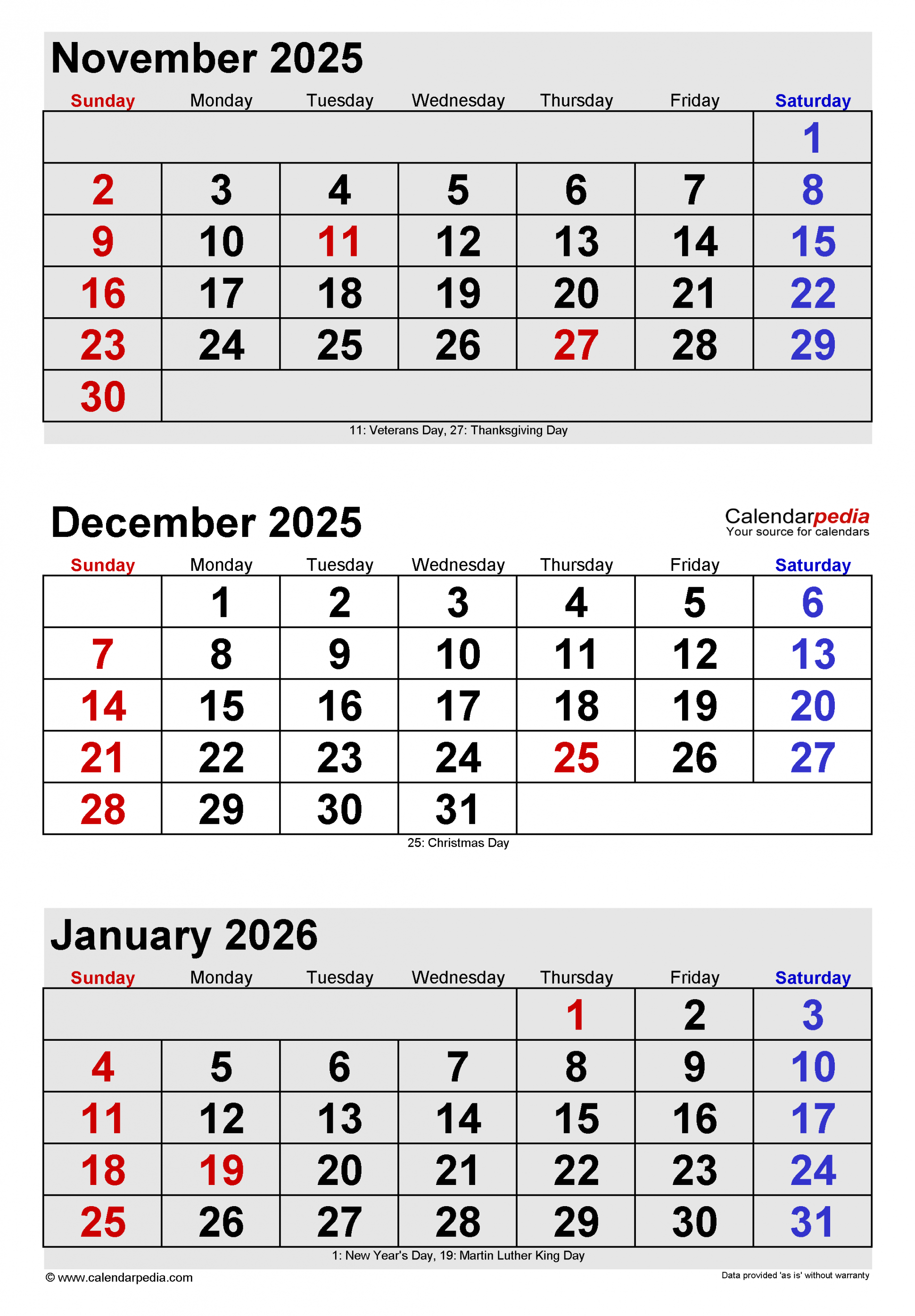CMS Issues CY 2025 Physician Fee Schedule Proposed Rule
On July 10, 2024, CMS issued a proposed rule that identifies and seeks public comments on a broad array of proposed changes to the Medicare Physician Fee Schedule (PFS) and Medicare Part B payments (the Proposed Rule) for Calendar Year (CY) 2025. If finalized, the proposed changes would take effect January 1, 2025. Comments are due by September 9, 2024.

The Proposed Rule includes many updates affecting a wide range of practitioners and providers. Medicare makes payments for the services of physicians and other billing professionals under the Physician Fee Schedule. The PFS pays for physician services provided in a variety of settings, such as hospitals, physician offices, ambulatory surgical centers, and various post-acute care settings. The PFS also includes payments to suppliers of technical services for situations where payment is not made to an institution. Below is a summary of key proposed changes to the PFS under the Proposed Rule.
CY 2025 PFS Rate Setting and Conversion Factor

CMS proposes reducing the average payment rates under the PFS by 2.93% for CY 2025 compared to the average amount CMS paid for these services for CY 2024. This will result in a proposed estimated CY 2025 PFS conversion factor of $32.36, a decrease of $0.93 (or 2.80%) from the current CY 2024 conversion factor of $33.29.
Improving Ambulatory Specialty Care

CMS is soliciting feedback through a Request for Information on CMS’s design of a potential ambulatory specialty care model that would leverage the Merit-based Incentive Payment System (MIPS) Value Pathways (MVPs) to boost engagement of specialists in value-based care and expand incentives for primary and specialty care coordination. Under CMS’s proposed design, participants would receive a payment adjustment based upon a set of clinically relevant MVP measures and how they performed relative to other specialists of their same specialty type and clinical profile (instead of the Merit-based Incentive Payment System adjustment).
Caregiver Training Services (CTS)
CMS proposes establishing new coding and payment for caregiver training for direct care services and supports such as for techniques to prevent decubitus ulcer formation, wound dressing changes, infection control, special diet preparation, and medication administration, among others. CMS also proposes to allow the CTS to take place via telehealth. The proposal also includes new coding and payment for caregiver behavior management and modification training that could be furnished to the caregiver of an individual patient.
Office/Outpatient (O/O) Evaluation and Management (E/M) Visits
CMS proposes for CY 2025 to allow payment of the office/outpatient evaluation and management visit complexity add-on code G2211 when the base code is reported by the same practitioner on the same day as an annual wellness visit, vaccine administration, or any Medicare Part B preventive service furnished in the office or outpatient setting.
Telehealth Services under the PFS
CMS has several proposals under the PFS for CY 2025 related to telehealth payments. First, CMS proposes adding several services to the Medicare Telehealth Services List (on a provisional basis) including caregiver training services (described above) and demonstration prior to initiation of home International Normalized Ratio monitoring. Second, CMS proposes extending its current suspension of limitations on frequency for subsequent telehealth inpatient visits, nursing facility visits, and critical care consultations. Third, CMS proposes including two-way, real-time audio-only communication technology in the category of “interactive telecommunications system” for any telehealth service furnished to a beneficiary in their home if the distant site physician or practitioner is technically capable of using an interactive telecommunications system but the patient is not capable of, or does not consent to, the use of video technology. Fourth, CMS will continue to allow a distant site practitioner to use their enrolled practice address instead of their home address even when the practitioner provides telehealth services from their home. Fifth, CMS proposes that for some telehealth services where there is a requirement that they are furnished under the direct supervision of a physician or other supervising practitioner to permanently adopt a definition of direct supervision that allows the physician or supervising practitioner to provide such supervision through real-time audio and visual interactive telecommunications. Sixth, CMS will continue to allow, for billing purposes, teaching physicians as a virtual presence when the medical resident is providing medical services in a virtual setting (only in clinical instances when the service is furnished virtually such as a three-way telehealth visit with the physician/resident/patient in different locations) through December 31, 2025.
Advanced Primary Care Management Services (APCM)
CMS proposes for CY 2025 to establish coding and payment under the PFS for a new set of APCM services captured by three new HCPCS G-codes to better describe advanced primary care services and simplify billing and documentation requirements.
Strategies for Improving Global Surgery Payment Accuracy
For CY 2025, CMS proposes to expand the applicability of the transfer of care modifiers for global packages and require the use of the existing modifiers for all 90-day global surgical packages in any case when a practitioner expects to furnish only the pre-operative, procedure, or post operative portions of a global package. CMS seeks to learn how global package services are regularly furnished to improve the accuracy of Medicare payments.
Behavioral Health Services
CMS proposes to establish separate coding and payment under the PFS to capture efforts for safety planning interventions for patients in crisis, including those with suicidal ideation or otherwise at risk of suicide or overdose. This proposal also includes the development of a monthly billing code that requires specific protocols in furnishing post-discharge follow-up contacts that take place in conjunction with a discharge from the emergency department for a behavioral health crisis encounter. The proposal additionally includes Medicare payment for digital mental health treatment devices used in professional behavioral health services for ongoing treatment under a behavioral health plan of care.
Opioid Treatment Programs (OTPs)
CMS proposes payment increases for opioid use disorder treatment as well as telehealth flexibilities including making permanent the current flexibility for providing audio-only periodic assessments and allowing the OTP intake add-on code to be used for two-way audio-video communication when billed for the initiation of treatment with methadone (if the OTP determines that an adequate evaluation of the patient can be accomplished through this method of communication.)
Hospital Inpatient or Observation (I/O) Evaluation and Management (E/M) Add-on for Infectious Diseases
CMS proposes a new HCPCS add-on code to better capture the intensity and complexity that is present when a physician with specialized training in infectious diseases addresses, either via hospital inpatient or observation care, a case of a confirmed or suspected infectious disease.
Supervision Policy for Physical Therapists (PTs) and Occupational Therapists (OTs) in Private Practice
CMS seeks to increase flexibility for PTs and OTs by proposing to permit general supervision of physical therapist assistants and occupational therapy assistants by PTs in private practice and OTs in private practice for all applicable physical and occupational therapy services. CMS states that its goal for this proposed change is to better enable these professionals to meet the needs of beneficiaries and increase access in underserved areas.
Dental and Oral Health Services
CMS proposes amending its regulations to increase the list of clinical scenarios related to ESRD where FFS Medicare payment is made for dental services that are inextricably linked to covered services. The amendments would be added at 42 CFR § 411.15(i)(3). CMS also proposes two policies related to dental services billing linked to covered services including a modifier on claims for dental services that clinicians believe to be inextricably linked to covered medical services beginning in CY 2025 and a requirement to submit a diagnosis code on the 837D dental claims format beginning January 1, 2025. CMS has a Request for Information regarding services associated with furnishing oral appliances used for the treatment of obstructive sleep apnea.
Drugs and Biological Products Paid Under Medicare Part B
Refunds for Discarded Amounts of Certain Single-Dose Containers or Single Use-Package Drugs by Manufacturers – CMS proposes to clarify policies implemented in CY 2023 and CY 2024 to implement Section 9004 of the Infrastructure Investment and Jobs Act, which established a refund for discarded amounts of certain single-dose container or single-use package drugs under Part B by manufacturers, including identifying single-dose containers and excluding drugs that have been covered under Part B for fewer than 18 months. Approach to Payment Limit Calculations when Negative or Zero ASP Date is Reported to CMS – CMS proposes to calculate payment limits when manufacturers report negative and zero average sales price data to CMS by considering such date to be “not available” under section 1847A(c)(5)(B) of the Act and that positive average sales price data be considered available. Payment for Radiopharmaceuticals in the Physician Office – CMS is proposing that Medicare Administrative Contractor (MACs) shall determine payment limits for radiopharmaceuticals based on any methodology used to determine payment limits for radiopharmaceuticals in place on or prior to November 2003, including, but not limited to, the use of invoice-based pricing.
Rural Health Clinics (RHCs) and Federally Qualified Health Centers (FQHCs)
Care Coordination Services – CMS proposes several changes related to reporting care coordination services to better align payment to RHCs and FQHCs for these services with other entities furnishing this kind of care, including that RHCs and FQHCs would report the individual CPT and HCPCS codes that describe care coordination services instead of a single HCPCS code. Teleradiology Services – CMS is proposing to continue to allow direct supervision via telecommunication, including extending the definition of “immediate availability” to include telecommunication, and to allow payments on a temporary basis for non-behavioral health visits furnished via telecommunication technology. Payment for Radiopharmaceuticals in the Physician Office – CMS is proposing that MACs shall determine payment limits for radiopharmaceuticals based on any methodology used to determine payment limits for radiopharmaceuticals in place on or prior to November 2003, including, but not limited to, the use of invoice-based pricing. Inpatient Outpatient Program Services – CMS is proposing to provide a different payment rate only after four or more services per day rather than the different payment currently provided based only on three services per day, which would align with the four or more services per day payment rate for hospital outpatient services department.
Medicare Prescription Drug Inflation Rebate Program
CMS proposes codifying policies established in the revised guidance for the Medicare Drug Inflation Rebate Program and Medicare Part D Drug Inflation Rebate Program whereby drug companies must pay inflation rebates if they raise their prices for certain Part B and Part D drugs faster than the rate of inflation, including establishing the method and process for reconciliation of a rebate amount and clarifying rebate calculations for Part B and Part D rebatable drugs in specific circumstances.
Other topics addressed in the Proposed Rule include the following:
CMS is issuing a Request for Information for additional policy refinements in future rulemakings concerning Community Health Integration services, Principal Illness Navigation services, and Social Determinants of Health Risk Assessment. CMS proposes coding and payment for an Atherosclerotic Cardiovascular Disease risk assessment service and risk management services. CMS proposes amendments to the certification and recertification regulations to decrease the current burden on therapists and physician/NPPS by not requiring a signature for a treatment plan during initial certification when there is already a written order or referral on file that was transmitted within thirty days of the initial evaluation. With respect to drugs and biological products paid under Medicare Part B, CMS proposes: to modify regulations to include certain compounded formulations of FDA-approved drugs for immunosuppressive drugs; and to update regulatory text to clarify existing CMS Policy to avoid double payment of administration fees by clarifying that blood clotting factors must be self-administered to be considered clotting factors for which the furnishing fee applies. With respect to RHCs and FQHCs, CMS proposes: allowing RHCs and FQHCs to bill and be paid for Part B preventative vaccines and their administration at time of service; clarifying that dental services furnished in the physician office that are inextricably linked to certain covered services furnished in RHCs and FQHCs would be considered to be RHC and FQHCs services and paid under the RHC All-Inclusive Rate (AIR) methodology and FQHC PPS, respectively. removing productivity standards that can impact the AIR methodology; rebasing and revising the FQHC market basket to reflect a 2022 base year, with a proposed CY 2025 FQHC productivity-adjusted market basket update of 3.5%; and proposing changes to the RHC and FQHC Conditions for Coverage to increase flexibility, decrease burden for the providers, and improve access to services for patients.
The Proposed Rule is available here. The fact sheet to the Proposed Rule is available here.